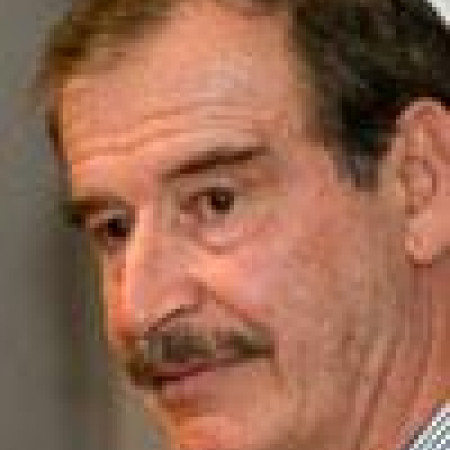Rob Reich - Tax Incentives for Philanthropy
Given current tax laws, $300 billion in charitable dollars can end up costing the U.S. Treasury $50 billion in lost income. Should taxable income exclude charitable contributions? In this audio lecture, sponsored by the Stanford Center for Social Innovation, Stanford political philosopher Rob Reich asks some tough questions, ultimately proposing a new way of looking at tax incentives to support the nonprofit sector.













